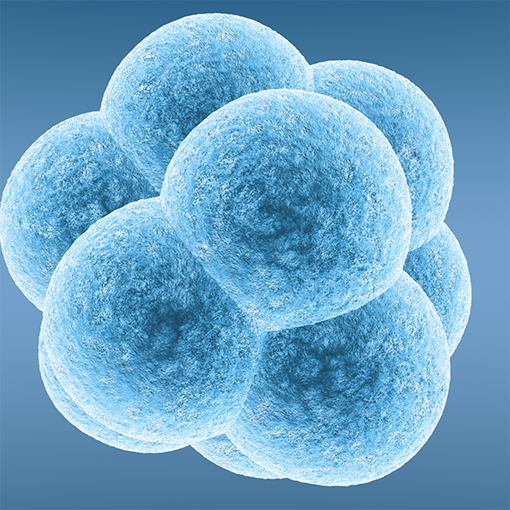What to Do If IVF Fails

When to Use a Surrogate
February 5, 2019
Surrogacy Agencies: What You Should Know
February 20, 2019For couples struggling with infertility, IVF is often met with a myriad of emotion. Couples feel everything from hope and excitement to stress and anxiety. Once they’ve committed the time requirements and resources, an IVF cycle takes between two to three weeks to complete.
Unfortunately, not all IVF cycles are successful, so it’s important to prepare yourself as best you can. Dr. Lori Arnold at CACRM understands an unsuccessful IVF cycle is unfortunate, but you can take into account knowing that you are not alone. Many women, who are now mothers, have gone through this unimaginable heartache. While the disappointment is immense, it doesn’t mean you should stop trying to have the family you’ve always wanted.
We understand how difficult it is to refocus your heart and mind after an IVF cycle has failed, so we’ve laid out important next steps to help make your journey a little bit easier. We hope this helps:
Decide if another IVF cycle is right for you
Dr. Arnold may encourage you to try again because many women experience success after a failed IVF cycle.
Decide if an egg donor is right for you
Some women may struggle with poor egg quality due to advanced maternal age or illness. The quantity and quality of a woman’s eggs naturally decline with age whereas donor eggs are “younger” and more viable. Using an egg donor may improve your chances of becoming pregnant and having your baby.
Decide if surrogacy is right for you
For many women, the journey to parenthood is a long road filled with twists and turns as well as lingering disappointment and frustration. If you’ve been struggling with fertility issues and have been unable to achieve pregnancy, it may be time to consider using a surrogate.
5 benefits of surrogacy
- Surrogacy allows those, who are otherwise unable to have children, to become parents.
- In most cases, gestational surrogacy allows one or both intended parents to be biologically related to their child.
- Surrogacy gives hopeful parents the opportunity to raise a child from birth.
- Surrogacy gives intended parents more control and peace of mind throughout the pregnancy than they usually have with fertility treatments or adoption.
- Surrogacy is likely to be successful because all CACRM surrogates have a proven track record of carrying healthy babies to term and are medically cleared by Dr. Arnold before meeting your surrogate.
If you are struggling with infertility or are considering IVF, please call the California Center for Reproductive Medicine at 760-274-2000. We will do everything we can to give you the child you’ve been dreaming of.


